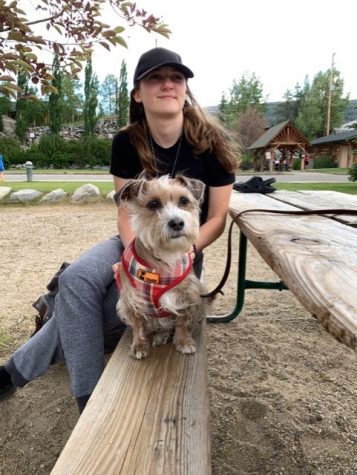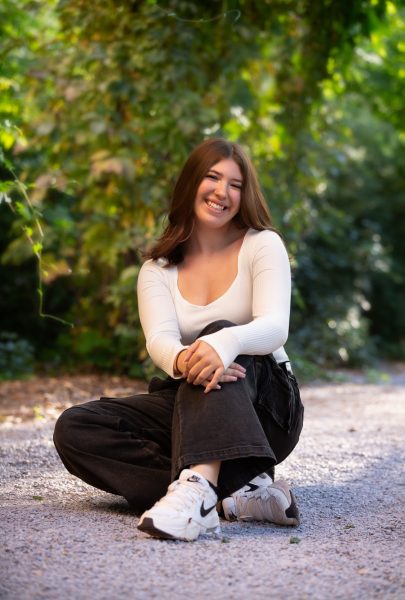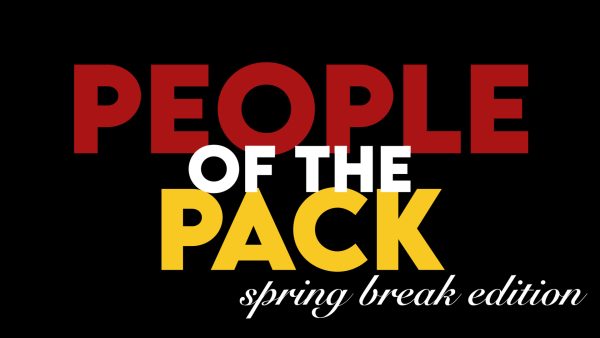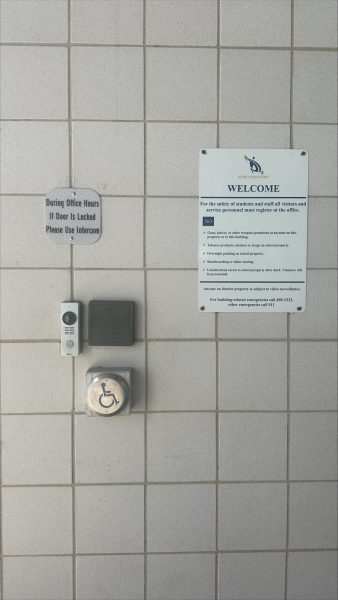The Five Best Countries To Live In Part One: Switzerland

The Swiss Flag
Considering the current events, I believe that it is safe to assume that there are a lot of unhappy people on both sides of the political debates. Knowing this has driven me to think that those of you that are tired of the politics that do not wish to stay to see how this all plays out, may want to consider relocating. Maybe you simply want to get away for a while or maybe you want to change where you live. Either way, you are going to want to know what your options are.
Where could you go to get away from American based problems? Brazil? It is beautiful but more corrupt than most countries in the world. Japan? It is exciting but it is prone to natural disasters, and the air quality is poor. What should we be considering when looking for a new place to live or visit? What countries align with your values. Well, how about I offer some suggestions. Let’s start with Switzerland, known for its astonishing education and its neutral position in terms of world policies.
Switzerland was originally inhabited by Celts before it was invaded by the Roman empire. It flourished under Roman rule for around four centuries before it was invaded by Germanic tribes and then integrated into Charlemagne’s empire. The country was invaded many times after that including a religious-based invasion. They were then invaded by Napoleon though they had remained neutral throughout his other conquests. It was then, in 1815 that they were given permanent armed neutrality.
They finally gained independence on September 12th, 1848. After becoming a country, Switzerland became one of Europe’s most successful countries, which is still true today. Their success led them to eventually join the United Nations in 2002. Today, Switzerland is a thriving and fairly liberal country, as most of its policies and laws align with values.
The policies on LGBTQ rights are fairly progressive, with very few limitations on what is allowed within the community. Sexual acts between two same-sex consenting adults were legalized in 1942. The age of consent was then made 16, for both homosexual and heterosexual partners in 1992. In 2007 Same-sex relationships were officially recognized in 2007.
Sex reassignment surgery was made legal in 1993, and lastly on January First, 2018, Same-sex couple were allowed to adopt. Compared to America, most of these laws were instated later than in Switzerland, and gay marriage is at risk of being made illegal. These policies may not be something you consider right, so in that case, you may want to consider trying somewhere else.
Climate change has been a big focus of the Swiss government for quite a long time. The country has always been very proactive in the field of climate change prevention, and the progress that has been made is significant. Switzerland reduced its greenhouse gas emissions from 1990 by 20% in 2020, which is a huge accomplishment considering that, in other countries, greenhouse gas emissions have increased due to technology.
One of the more well-known steps taken towards slowing climate change is the ban placed on nuclear energy in 2011. The ban was placed after an accident involving nuclear energy in Japan. The Swiss government was encouraged to ban nuclear energy by the fear that there might be a similar accident in Switzerland.
Switzerland has a very passive view of immigration. While foreigners are occasionally mistrusted by locals, going into the country is an easy endeavour. However, foreigners who have been in the country for over 90 days must hold, or get a residence permit.
That fact does make it hard for one to settle down in the country because, unfortunately, the cost of living is one of the highest in the world. The prices make it difficult for simple needs to be acquired. However, there is free healthcare. However, the minimum wage is $25. That and free healthcare make the prices seem reasonable, considering that healthcare is fairly high quality. It even covers abortion which is legal within the first 12 weeks of pregnancy or in extreme situations.
Switzerland’s gun control laws are quite interesting. The country requires all men to register for the armed peacekeeping military. Because of this, all men are trained to use a gun and cannot own one until they have completed the training.
This decreases the likelihood of shootings because someone who is found to not be qualified to hold a gun, they simply will not have access to firearms. People who are qualified and pass the training test are less likely to be involved in a shooting because they are trained and usually confirmed to be reliable.
For those who do end up committing a crime, gun related or not, there is no risk of being put to death, as the death penalty is illegal in the country. Sentences are also a lot shorter than those in America unless you are convicted of a heinous crime like mass murder. Because of this crime has been steadily decreasing in Switzerland.
Other convictable crimes in Switzerland include possession of cannabis, heroin, cocaine, and other drugs. The country has a unique way of dealing with drugs. After a heroin crisis caused a rise in HIV cases, the Swiss government discovered that their enforcement policies were not helping the problem so they decided to try something different. The solution is what they call “The Pillars of Drug Help”
The first pillar is “prevention of harm,” which is a pretty self-explanatory step. The second pillar is “treatment.” The concept of focusing one’s effort on drug treatment has been proven to be highly effective, and the results of the Swiss’s use of the concept supports the theory. Since the pillars were enforced, opioid deaths have decreased by 64%!
The third pillar is “prevention,” which is obviously the attempt to prevent drug use through usual methods like using law enforcement and advertising. The fourth and final pillar is “repression,” which is the Swiss repressing drug use through punishment. The pillar worked knowing that HIV cases decreased from 3,000 losing 500 cases in a year.
There are two other things that you should take into account if you are thinking about going to this country. First, Switzerland is, officially, the 5th in the world for education, but widely considered to have the best education in Europe.
Second, everything is closed on Sundays.
These policies may not be something you consider right, so in that case, you may want to consider trying somewhere else, but if all of this sounded attractive to you then you might just belong in Switzerland!

Lilah is a Senior here at Rocky with her twin brother. Her little brother is starting middle school at Webber this year. She has two cats and a dog named...











